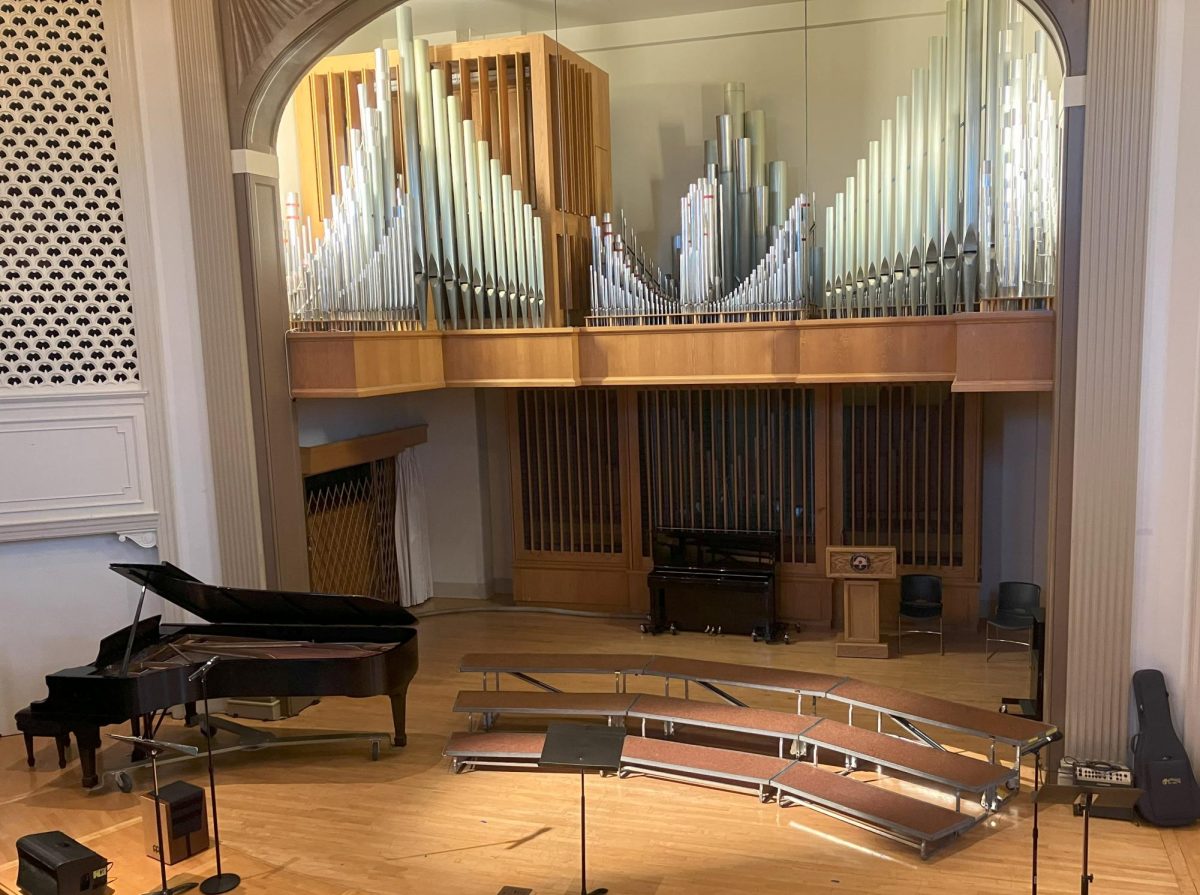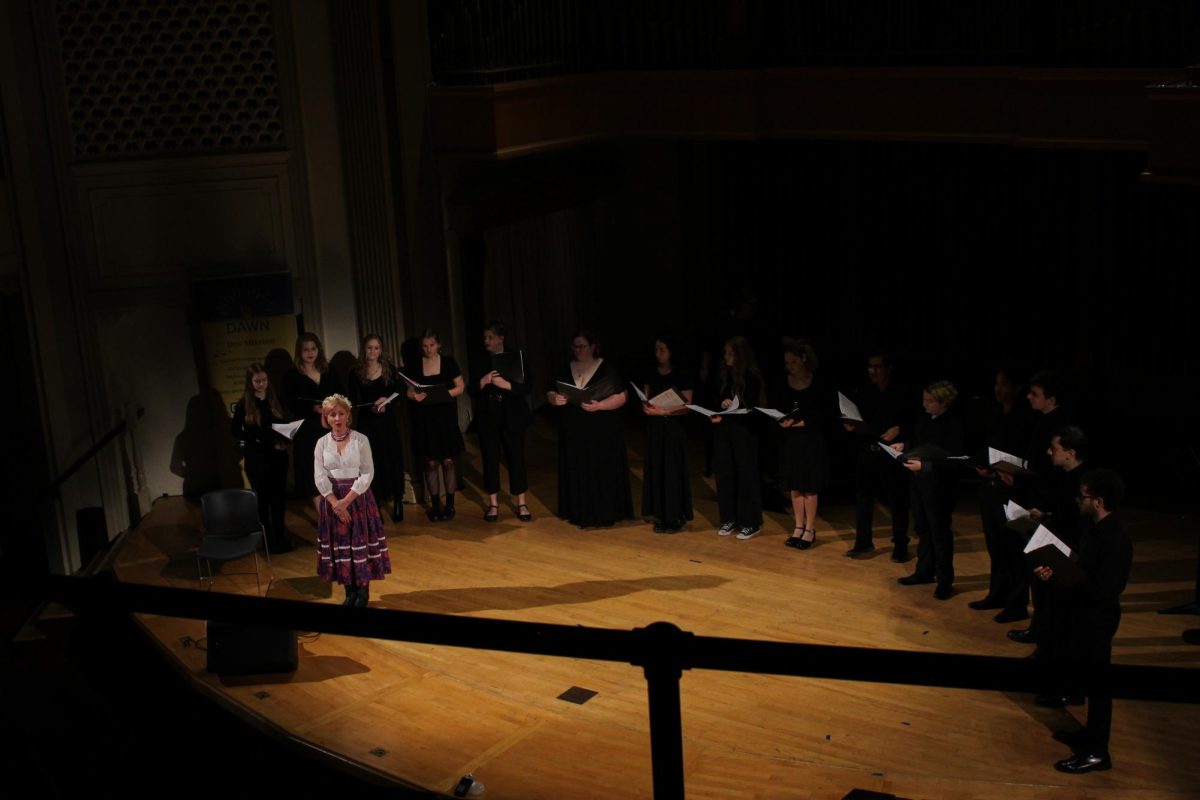Katie Armes
Review staff writer
Professor of Religious Studies William Apel spoke in Rome about interfaith relations and his latest book, “Signs of Peace: The Interfaith Letters of Thomas Merton,” from Feb. 9 to 16.
The Global Baptist Peace Conference, “Roma 2009,” was attended by more than 400 people representing 50 different countries. While most people were Baptist, Catholics and Pentecostals, Muslims and independent church groups were also present.
The purpose of the conference was to give
citizens from regions of conflict around the world a chance to share their
experiences and ideas about nonviolence as a conflict resolution method.
“These are people who are very close to what’s going on,” Apel said. “They have an insight that sometimes government bureaucrats don’t have. These are people that are really on the line.”
Apel spoke specifically about Martin Luther King Jr.’s message and about incorporating nonviolence into a person’s lifestyle rather than simply using it as a strategy to resolve conflict. He also addressed the importance of understanding among people of different religions.
Apel used the example of the kinship between Merton and Thich Nhat Hanh, a Buddhist writer, to emphasize how people from differing backgrounds can gain a greater appreciation for each other.
“For people from other parts of the world, it’s Martin Luther King Jr. who has something to say,” Apel said. “They take his teachings and really apply them to their settings.”
While the conference addressed various regional conflicts and the different ways they are handled, the conference had one primary message.
“You have to deal with violence within yourself before you deal with violence in others,” Apel said. “Everyone would agree that if there is to be more peace, then it has to begin with one’s self.”
Most of the conference focused on workshops rather than lectures, allowing participants to share personal stories and support each other. Many discussed violence against women and children and the plight of refugees.
“The conference allowed opportunities for dialogue as a paradigm where one would suspend one’s world view to understand what others are saying,” David Massey, Chaplin and professor of religious studies, said.
The emphasis on connecting with others allows the conference’s message to impact participants long after they have gone home. Apel, for example, now has contacts in Ethiopia, Holland, Sweden and the Democratic Republic of the Congo.
“The positive thing is that people will stay in contact with each other; it’s an ongoing process,” Apel said.
In addition to allowing people of different ethnicities to convene, the grassroots conference also made it possible for young people under the age of 30, from countries outside of Europe and North America, to attend. Part of the fees paid to attend the conference went toward funding 40 people who would have otherwise been unable to afford participation.






